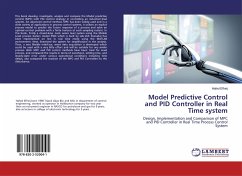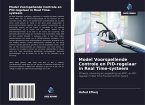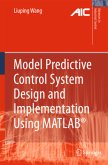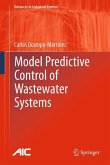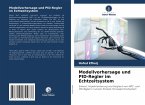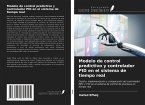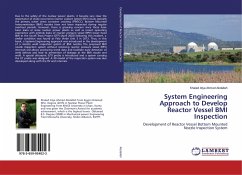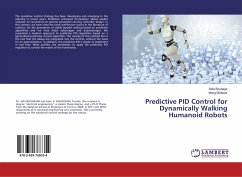This book develop, investigate, analyze and compare the Model predictive control (MPC) with PID control strategy in controlling an industrial level systems. An advanced control method, MPC has been widely used and in a wide variety of applications in process control systems, it utilizes an explicit process model to predict the future response of a process and solve an optimal control problem with a finite horizon at each sampling instant. In this book, Firstly a closed-loop -tank water level system using the Mobile Level process station model 3503 which is built by Lab-Volt (Canada) has been implemented on line in real time mode using the MATLAB environment. Next, linearized the system for simplification in the analysis. Then, a very flexible interface, smart data acquisition is developed which could be used with a very little effort and will be suitable for any similar process. Both MPC and PID control methods have been tried for Level process, and compared the results in terms of overshoot, settling time, and steady-state error under various operational conditions including time delays, also compared the reaction of the MPC and PID Controllers to the disturbance.
